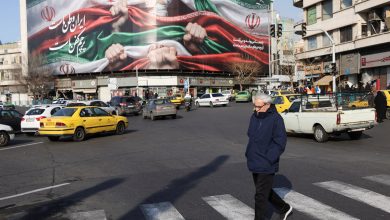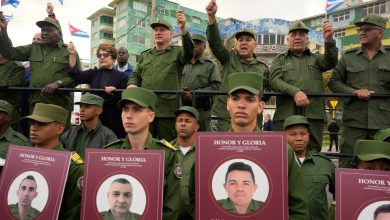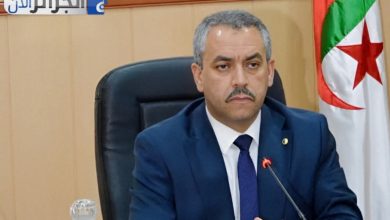Rabat – On Thursday, April 24, 2025, Moroccan human rights activists voiced grave concerns over the significant deterioration of human rights conditions in the country, warning of a dangerous trajectory toward establishing a police state and the increasing dominance of security apparatus.
The Moroccan Association for Human Rights (AMDH) condemned in a statement the “systematic prosecutions and trials targeting any voice critical of authoritarian policies and practices, as well as repeated provocations, retaliatory judicial pursuits, and unjust rulings against journalists, social and political activists, trade unionists, and human rights defenders.” The association stressed that these prosecutions are “arbitrary, driven by peaceful protests, participation in or solidarity with protests, or expressing opinions on public policies, particularly on social media.”
The AMDH also denounced various forms of repression against human rights, trade union, political, and youth organizations critical of state policies. These include hiring paid media to tarnish their reputation and credibility, denying them deposit receipts, restricting their right to hold activities, meetings, and conferences in public venues, and launching smear campaigns against their activists.
The association called for the formation of a “national front to struggle for the right to organize and assemble” and to launch a campaign and action program against the siege and restrictions. It highlighted the case of Yassin Chibli, who died in October 2022 in a police station in Ben Guerir after being tortured, affirming the “continued practice of torture or other forms of cruel, inhuman, or degrading treatment by the Makhzen’s security apparatus.”
Fouad Abdelmoumni, coordinator of the Moroccan Body for Supporting Political Prisoners, stated on his official social media that Chibli’s severe torture was “one of the most heinous crimes,” noting that authorities “covered up the crime until it was exposed by the family’s persistence and irrefutable evidence.” He expressed dismay at the lenient verdict, with only two of the perpetrators convicted—one to three and a half years and the other to two and a half years—while a third was acquitted, contrasting this with harsher penalties for those merely opposing normalization or the 20-year sentences for Rif Movement leaders despite no violence or harm to others.
The Ben Guerir Primary Court issued these rulings on Wednesday, sparking widespread human rights outrage, with Chibli’s family staging a sit-in outside the court. The judiciary was compelled to open the case under pressure from the family and human rights groups, but the lenient sentences for such a gruesome crime shocked both Moroccan and international public opinion.
Moroccan political activist and lawyer Abdelilah Tachfine, a member of Chibli’s defense team, described the torture leading to Chibli’s death and the subsequent rulings as “another shock, a judicial farce, and a human rights massacre.” He called the verdict “erroneous and unjust,” vowing to challenge it through all necessary legal measures, as “the young man was tortured to death in a police station.”




